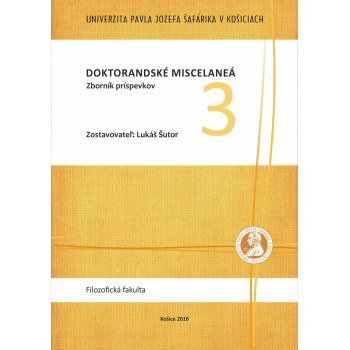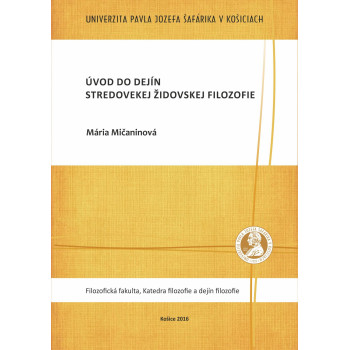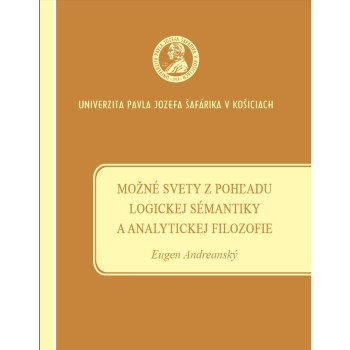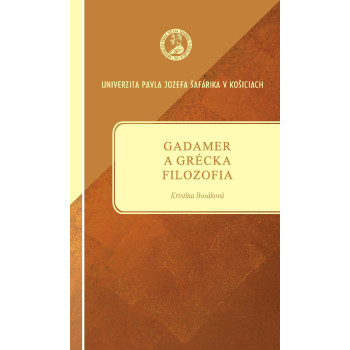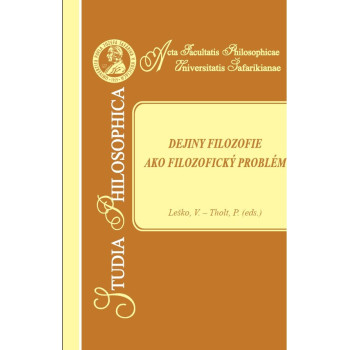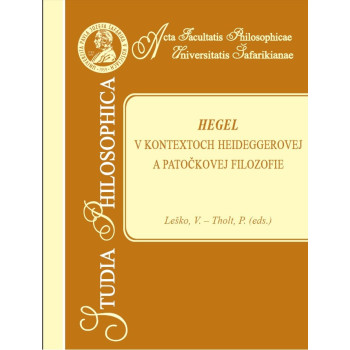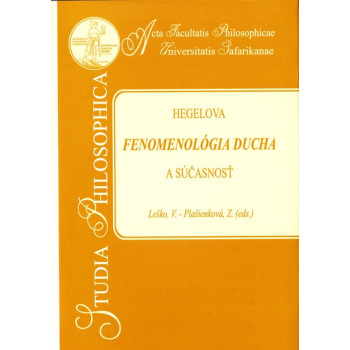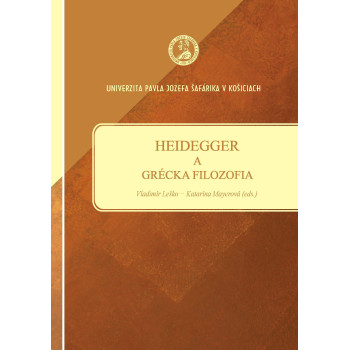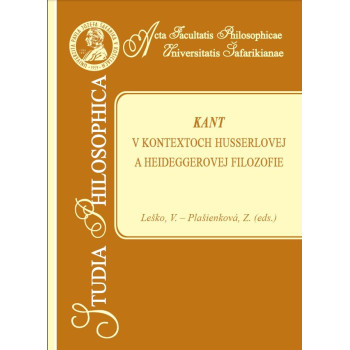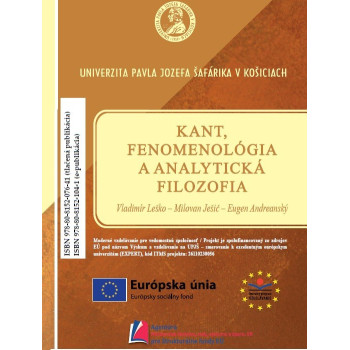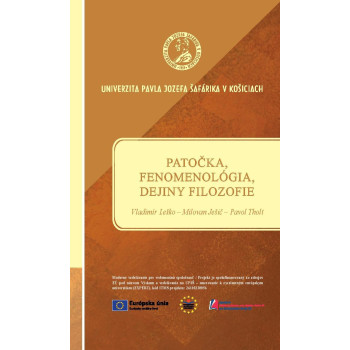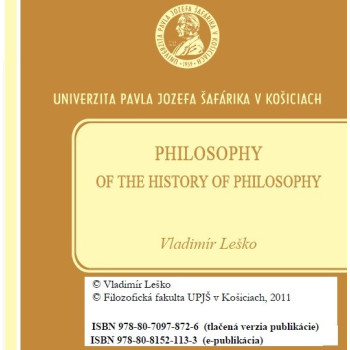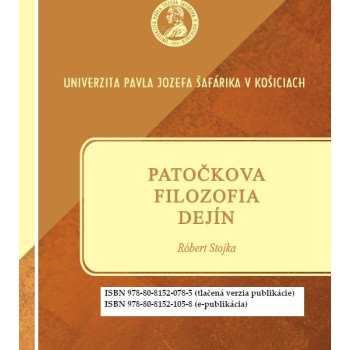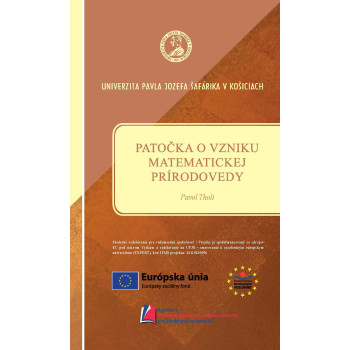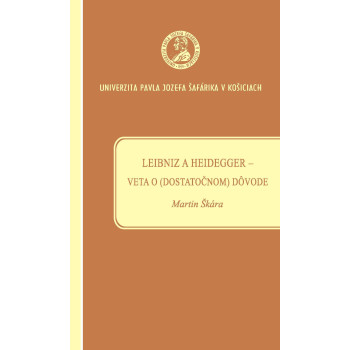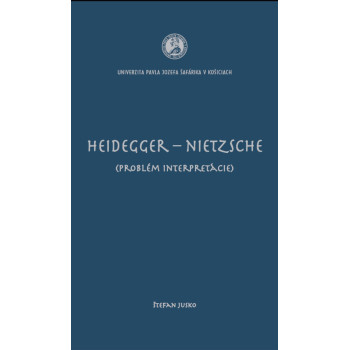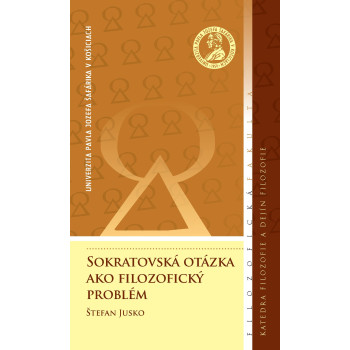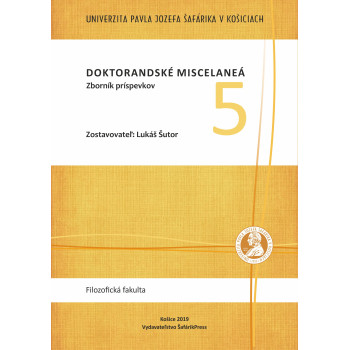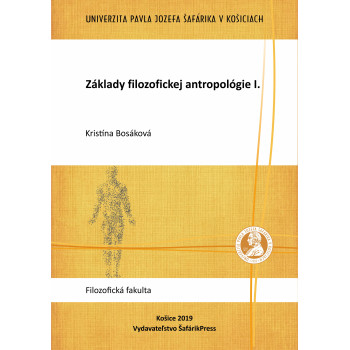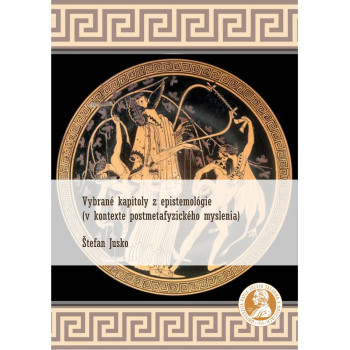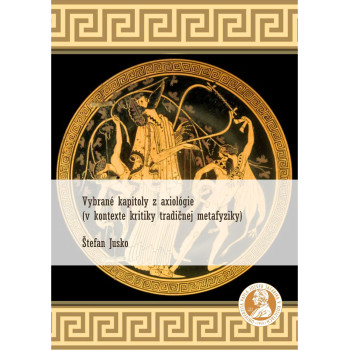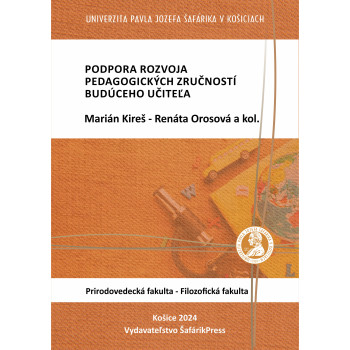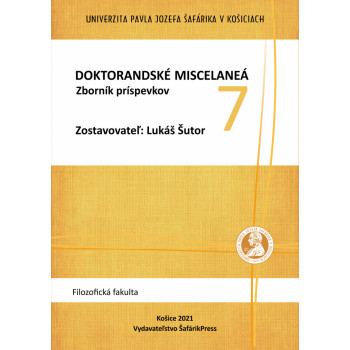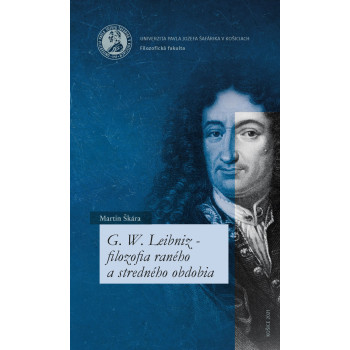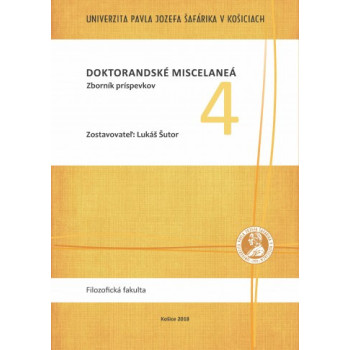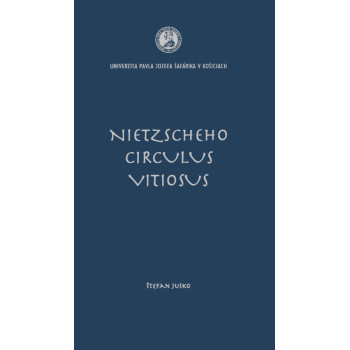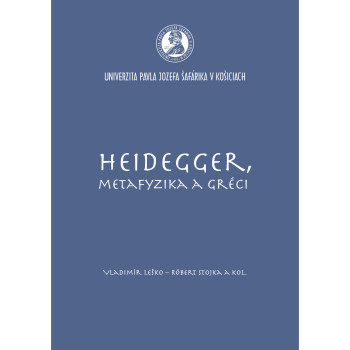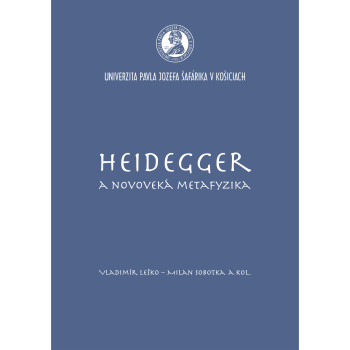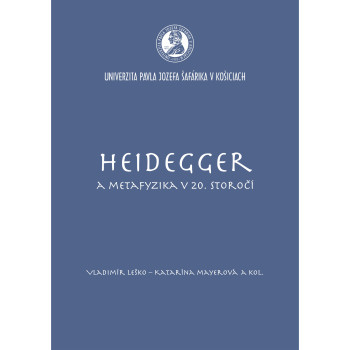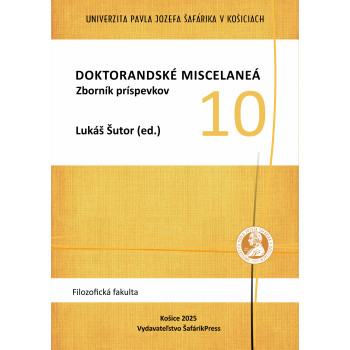Doktorandské Miscelaneá 3
E-book
Lukáš Šutor (ed.)
Contributions in the field of psychology address current issues such as normative beliefs and attitudes regarding alcohol consumption, the characteristics of loneliness, questions of pupil personality and the perception of teachers’ interaction styles. They also consider hyperexcitability (excessive psychological excitability), research theorems on injustice, and fundamental concepts and their theoretical connections in the field of self-regulation research within the context of executive functions.
In philosophy, the authors focus on selected aspects of works belonging to major currents of world philosophy (Heidegger, Wittgenstein, Plotinus, Descartes, Patočka).
In literary studies (Slovak studies), the topics include modeling the theme of death in prose texts, the depiction of technological progress in space science fiction films, and the translation work of K. Strmeň, Návštevy (Anthology of World Lyric Poetry).
In the field of social work, the authors present contributions on current trends in preventing burnout syndrome in helping professions, the use of logotherapy in foster care, certain factors enabling the emergence, development, and spread of socially pathological phenomena (“cyberbullying”), religiosity and the value of human life, and an empirical analysis of the competencies of social workers in institutional care for people with intellectual disabilities.
The political science contribution analyzes selected institutions and documents within the European system of human rights protection, while the British and American studies paper examines the relationship between metaphor and metonymy in the interpretation of the meaning of new English compounds.


